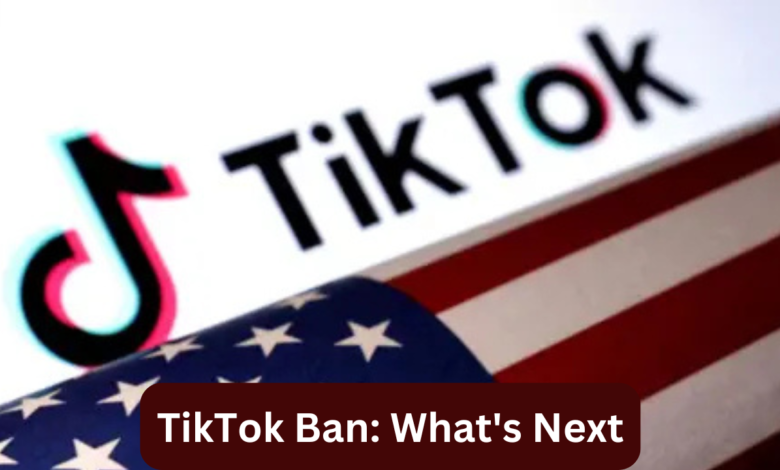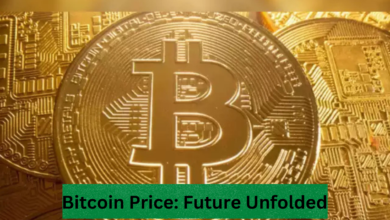The TikTok Ban: Unraveling the Global Battle Over Privacy, Security, and Digital Freedom

Table of Contents
ToggleThe Rise of TikTok: A Global Phenomenon
Launched by the Chinese company ByteDance in 2016, TikTok quickly emerged as a global social media powerhouse. By combining user-generated content, sophisticated algorithms, and a unique blend of entertainment, it appealed to users across different age groups and cultures. By 2023, TikTok had amassed over 1 billion monthly active users, making it one of the most downloaded apps globally.
TikTok’s appeal lies in its simplicity and inclusivity. Anyone can create content, from comedy skits and dance challenges to educational videos. Its algorithm ensures personalized content delivery, keeping users engaged for hours. However, this same algorithm and its data collection practices have sparked concerns among regulators and governments worldwide.
Reasons Behind the TikTok Ban
The TikTok ban has been proposed or enacted in several countries for various reasons, primarily revolving around national security, data privacy, and cultural preservation.
1. Data Privacy Concerns
TikTok collects vast amounts of user data, including location, device information, and user behavior. Critics argue that ByteDance, being a Chinese-owned company, may be compelled to share this data with the Chinese government under its National Intelligence Law. This has raised alarms, particularly in countries wary of China’s influence.
For example, in the United States, the Federal Trade Commission (FTC) fined TikTok in 2019 for violating children’s privacy laws. These concerns escalated during the Trump administration, leading to executive orders aiming to ban TikTok unless it was sold to a U.S.-based entity.
2. National Security Threats
Governments have expressed fears that TikTok could be used as a tool for espionage. The platform’s data collection practices, coupled with its potential for manipulating public opinion through algorithms, have led to claims that it poses a national security threat.
In India, the government banned TikTok in 2020, citing concerns over sovereignty and integrity. This decision was made amidst escalating tensions between India and China following border clashes.
3. Geopolitical Tensions
The TikTok ban is often intertwined with broader geopolitical issues. In countries like the U.S. and India, banning TikTok is part of a larger strategy to counter China’s growing influence. The app has become a symbol of the complex relationship between China and the rest of the world, reflecting concerns about technology dominance and cybersecurity.
4. Cultural Concerns
Some governments argue that TikTok promotes content that contradicts local cultural values. In Pakistan, the app faced temporary bans for hosting “immoral and indecent” content. Similarly, some conservative societies view TikTok as a platform encouraging behavior that undermines traditional norms.
Case Studies of TikTok Bans
1. India: A Landmark Ban
India was the first major country to impose a permanent ban on TikTok. In June 2020, amidst rising tensions with China, the Indian government banned 59 Chinese apps, including TikTok, citing national security concerns. With over 200 million users in India at the time, the ban had significant implications for ByteDance.
For Indian creators, the ban disrupted livelihoods as many had built careers on the platform. However, the void left by TikTok paved the way for local alternatives like Chingari and Moj, which capitalized on the opportunity.
2. United States: A Legal Tug-of-War
In the U.S., the TikTok saga has been marked by political and legal battles. The Trump administration sought to ban the app unless ByteDance divested its U.S. operations. This move was blocked by federal courts, leading to prolonged uncertainty.
Under the Biden administration, efforts to regulate TikTok have continued, focusing on comprehensive data privacy legislation rather than outright bans. Nevertheless, TikTok remains under scrutiny, with bipartisan support for stricter oversight.
3. European Union: Striking a Balance
While the European Union has not banned TikTok, it has imposed stricter regulations on data privacy and user protection. TikTok has faced fines for violating GDPR (General Data Protection Regulation) rules, prompting the company to enhance its compliance efforts.
Implications of the TikTok Ban
1. For Users
A TikTok ban disrupts millions of users who rely on the platform for entertainment, education, and connection. It affects creators, many of whom have built careers and communities on the app. The loss of TikTok can leave a cultural void, as the platform has become a space for self-expression and creativity.
2. For Businesses
TikTok has become a vital marketing tool for businesses, especially those targeting younger demographics. A ban would force brands to shift their advertising strategies and explore alternative platforms, potentially increasing costs and reducing reach.
3. For Global Technology Regulation
The TikTok ban highlights the need for robust global standards for data privacy and technology governance. It underscores the challenges of balancing innovation with security and sovereignty, pushing governments to address gaps in existing frameworks.
4. For ByteDance
A ban in key markets could significantly impact ByteDance’s revenue and global expansion. It forces the company to navigate complex regulatory environments and consider restructuring its operations, such as creating independent entities in different regions.
Arguments Against the TikTok Ban
While proponents of the TikTok ban emphasize security and sovereignty, critics argue that such measures can have unintended consequences.
1. Free Speech Concerns
Banning TikTok may be seen as an infringement on free speech and digital freedom. Critics argue that governments should address specific concerns through regulation rather than outright bans.
2. Economic Impact
A ban can disrupt local economies, particularly for creators and small businesses reliant on TikTok for income. It also discourages foreign investment by signaling an unpredictable regulatory environment.
3. Limited Effectiveness
Some experts question the effectiveness of a TikTok ban in addressing broader cybersecurity threats. They argue that the focus should be on comprehensive data protection laws that apply to all digital platforms.
The Future of TikTok and Digital Policy
The TikTok ban is a microcosm of larger debates about the role of technology in society. As governments grapple with issues of data privacy, national security, and cultural influence, TikTok’s fate remains uncertain. However, it is clear that the platform’s story is far from over.
In the future, we may see:
- Stronger Regulations: Governments could implement stricter data privacy laws to address concerns about apps like TikTok.
- Technological Decoupling: Countries may prioritize local alternatives to reduce reliance on foreign tech companies.
- Global Standards: International cooperation could lead to the establishment of global norms for technology governance.
Conclusion
The TikTok ban is more than just a regulatory action; it is a reflection of the complex interplay between technology, politics, and society. While the platform has revolutionized digital culture, it has also exposed vulnerabilities that governments are struggling to address. As the debate continues, the TikTok ban serves as a reminder of the challenges and opportunities in navigating the digital age.


